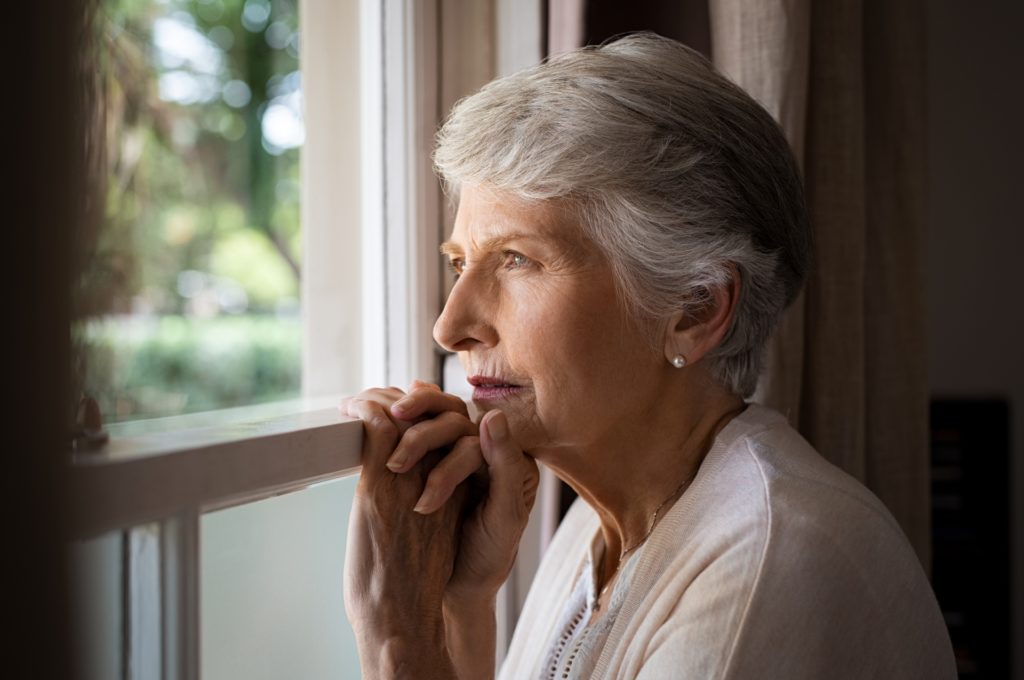As winter approaches, the days are getting shorter and perhaps a bit more depressing. The colder temperatures may mean we are not getting outside as much as we did only a few months ago. And with COVID-19 still being an issue, many of our senior loved ones have now been physically distanced from their friends and family for more than half a year. All these factors may contribute to seasonal depression in our seniors this year.
Seasonal Affective Disorder (SAD) is a condition that affects millions of Canadians, and while there is no single cause, the National Institute for Health has identified several factors that may increase your risk. These include:
- Being female (up to four times more women are diagnosed with SAD than men)
- Living far from the equator
- Family history
- Having bipolar disorder or depression.
Situational Depression
In addition to seasonal depression, seniors often suffer from situational depression. Close friends or family members may pass away, or they may face health challenges that they did not occur in the past. They may become nostalgic and spend more time longing for “the good old days” than they do living in the present.
If a senior loved one is already suffering from situational depression, the effects of seasonal depression may be intensified.
Mental and Physical Depression
Mental and physical depression are often grouped together because of the vicious cycle they can form. If a person is mentally depressed, they may stay in bed all day or not eat properly. This leads to muscle atrophy and other physical problems, which can intensify mental health problems.
What to do if you suspect a senior loved one is suffering from Seasonal Affective Disorder
Everyone has bad days, but if you suspect your senior loved one is suffering from SAD, there are ways you can help.
Don’t tell them to “cheer up” – this will not likely be well received. Things to say instead are, “do you want to talk about it?” or “what can I do to help?” Acknowledge their feelings without judgement.
Another option would be to have them get their hormone levels checked. Low testosterone or overproduction of melatonin can contribute to SAD. Seniors should be encouraged to discuss their depression with their family doctor, who can help them rule out contributing medical factors and help develop a plan to get them back on track.
How home care can help
Seasonal affective disorder can be worse when we are in isolation and when we lack routine. Regular companionship visits from a home care professional can help. Furthermore, a home care professional can help your senior loved one stay active and ensure they are eating properly, which can help reduce depression.
For more information, contact Vera Home Care today!

